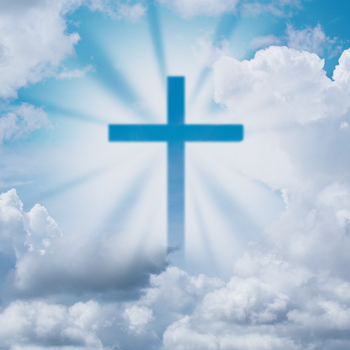Two weeks ago, taking a lunchtime walk, I saw the first dogwood blossoms and heard a genuine bird chorus in the trees, as opposed to the occasional tweet. Today on the same walk the birds were still out in force and magnolia buds had begun to appear. In spite of the cold, the grey skies, and the recent historic rain, spring is on its way.
Not that many decades ago, perhaps ten or less, the annual change of seasons was momentous. It determined what could be grown, what could be stored, what could be eaten. For many it decided where one lived, and for everyone it determined how. Now, though, we have grown accustomed to the seasonal cycle. Technology has made the seasons less relevant. They no longer oversee most western lives to any great extent, except when deciding whether to bundle up or when it is time to wear linen.
Climate change may change that as present technologies fail to help us cope with alterations in weather patterns. We may once again have to decide much of our lives in response to seasons. As comfortable as we have become with our world, we are likely to have to learn to live in a new one, at least until we can create new technologies. Climate change promises to remake the human world.
The rapid secularization of the world is somewhat analogous. Religious people have long known that the world is not what it was prior to about 1450. Modernism changed the world irrevocably for the religious. But that 15th-century upheaval may be small in comparison to its culmination in the secular upheaval of the last sixty years or so. I doubt that many foresaw the rapidity with which the secular and implicitly atheistic world would become the norm in the West after World War II. I'm sure that few of us have thought about how we should respond to that change.
One way is to proceed as if nothing has really changed, to assume that we are just seeing more of the same rather than something new. We say "yes" to God; explicitly or implicitly others say "no." And that's all there is to it. That is a reasonable assumption, especially if we listen to some of the louder, more dogmatic voices of atheism who tend to repeat the old attacks on religion: their strident no to our insistent yes. But a strong atheism is more than just the assertion that God is dead.
Nietzsche's fool in the marketplace announcing God's death also announces a new face of atheism. As Gilles Deleuze well recognizes, Nietzsche's point is that it is not enough for atheism to replace God with man if man then has the ontological position and significance that God had before (Pure Immanence71). That's just more of the same with a new character at the center: God was the measure of all things, now man is; the transcendence of human reason and sympathy replaces the transcendence of God, but the world is still anchored in transcendence.
Perhaps a lot of what passes for atheism today, particularly that which amounts to nothing more than no longer paying attention to God one way or another, is merely more of that old atheism. But what if, as seems to be happening, the atheism that Nietzsche longed for comes to pass?
How will religious people respond when society at large neither denies nor ignores God's existence, but sees the world in terms completely other than (not just the opposite of) those of theism? What happens when the everyday way of understanding what it means to be a human being in the world doesn't deny theism's terms but inhabits a world in which those terms, whether posited or denied, make no sense? In other words, what happens when neither the theists' nor the old-fashioned atheists' transcendence is understood to order the world?
As much as or more than any other English-speaking philosopher, Charles Taylor has thought about this question. A Secular Age takes the question up at length. Essays such as "A Catholic Modernity?" and "A Place for Transcendence" do so more succinctly. Taylor's argument is that the Christian today finds himself or herself in a position similar to that of Matteo Ricci, Jesuit missionary to China in the 17th century.





